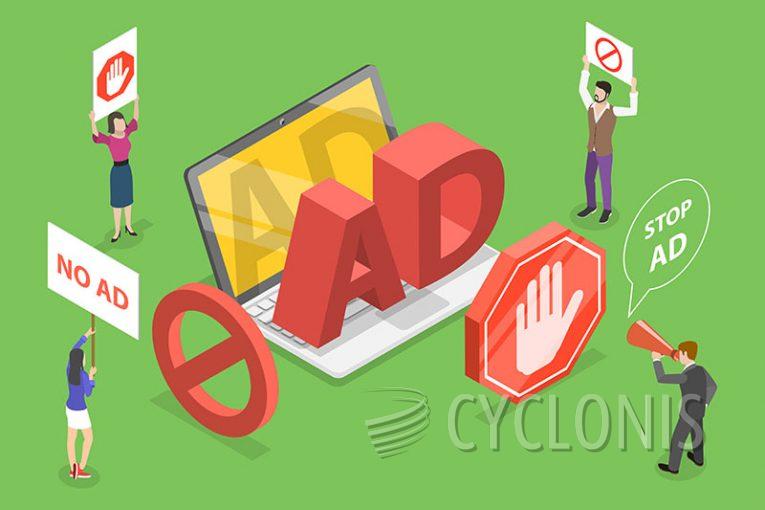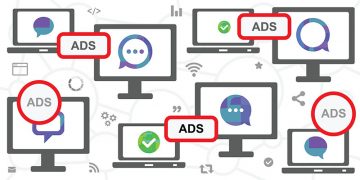Plarcarkly.com Pushes Intrusive Ads

Plarcarkly.com employs deceptive tactics to persuade users into granting permission for push notifications, which it then exploits to flood devices with disruptive advertisements. The website employs fabricated browser error messages that coax users to click "Allow Notifications" in order to resolve the perceived issue. Once enabled, Plarcarkly.com inundates users' systems with intrusive pop-up ads, even when the browser is not in use.
Plarcarkly.com is an untrustworthy website that capitalizes on browser push notifications to inundate users with intrusive and unwelcome spam ads. It falls into the categories of both potentially unwanted programs (PUPs) and browser hijackers.
The scheme involves tricking visitors into activating push notifications through the guise of counterfeit system alerts and notifications. As an example, it might present a phony notification asserting that your browser is "out of date" and prompting you to "allow notifications" for an update.
However, granting permission for notifications does not result in any browser update. Instead, it provides Plarcarkly.com with authorization to send spam push notifications directly to your computer or mobile device.
Once enabled, Plarcarkly.com persistently floods your device with bothersome pop-up ads, even when your browser is closed. These spam notifications promote various content, including:
- Adult content
- Freemium games and applications
- Scams related to software updates
- Weight loss or supplements
- Other questionable products and services
How Can Misleading Sites Abuse Push Notification Functionality?
Misleading sites can abuse push notification functionality in various ways to manipulate users and promote their content. Push notifications are a feature that allows websites to send messages directly to users' devices, even when they are not actively browsing the site. This functionality can be exploited for deceptive purposes. Here's how misleading sites can abuse push notifications:
Deceptive Content: Misleading sites might send push notifications with enticing or alarming headlines to lure users into clicking. These headlines could be exaggerated, false, or sensationalized, leading users to believe that the content is more important or urgent than it actually is.
Clickbait: Push notifications can be crafted in a clickbait style, promising intriguing content but delivering something less valuable or entirely unrelated. This tactic aims to generate traffic to the site based on curiosity.
Fake Urgency: By sending push notifications with messages that create a sense of urgency, misleading sites can pressure users into taking immediate actions, such as clicking on links or making decisions they might not have made otherwise.
Malicious Links: Push notifications could contain links that lead to malicious websites, potentially infecting users' devices with malware, phishing attempts, or other cyber threats.
Subscription Traps: Some misleading sites might design their push notification prompts to resemble legitimate system alerts, confusing users into clicking the "Allow" button to receive notifications. Once subscribed, users might receive a barrage of unwanted content.
Notification Spam: Misleading sites may send excessive push notifications to bombard users with content, making it difficult to differentiate between important alerts and their deceptive messages.








